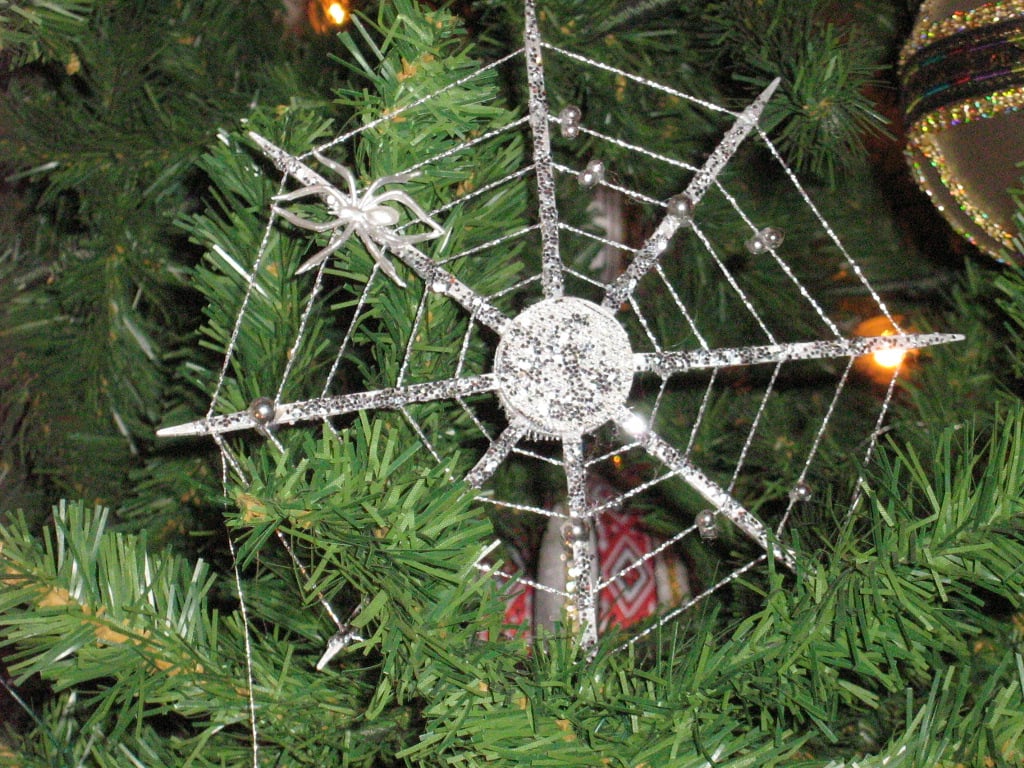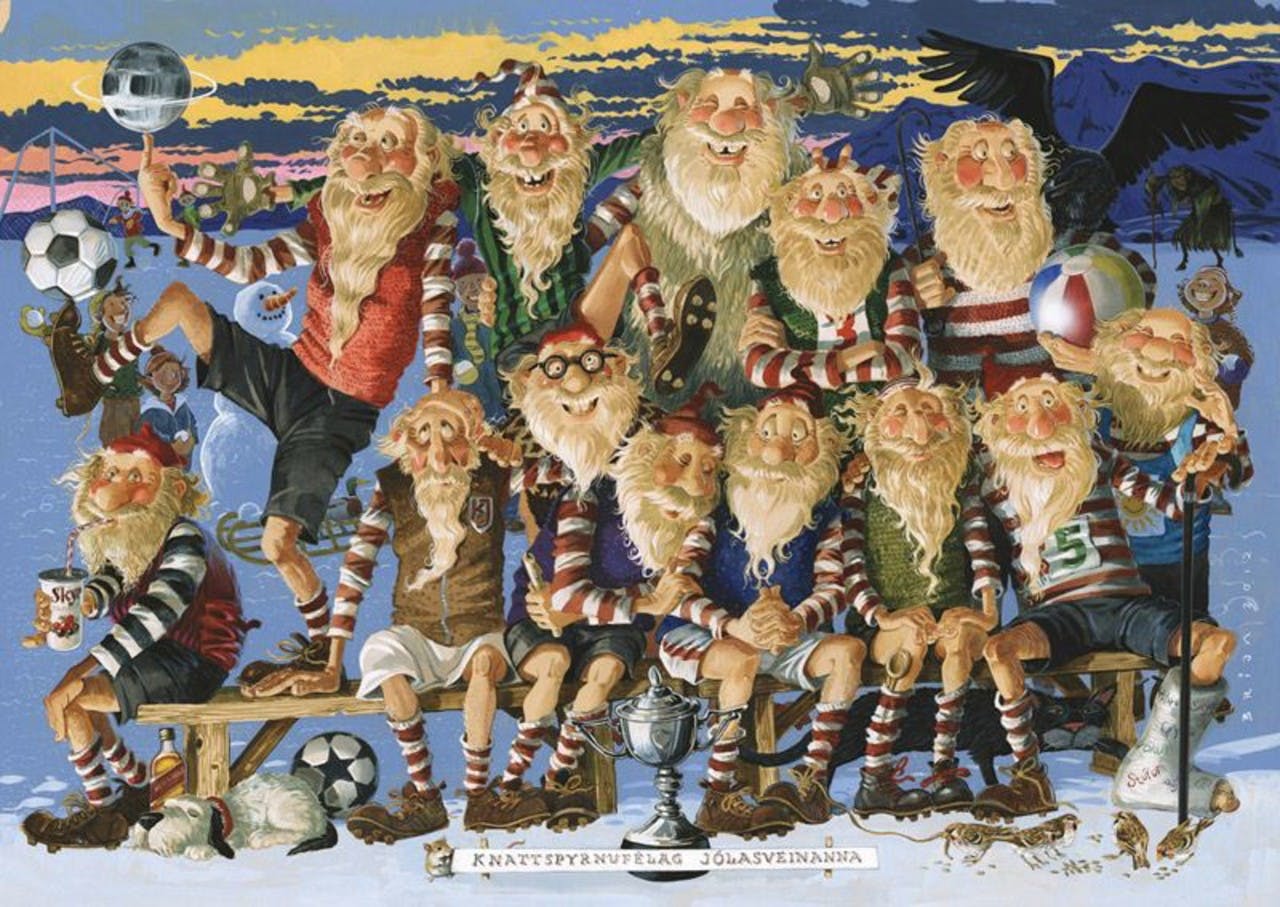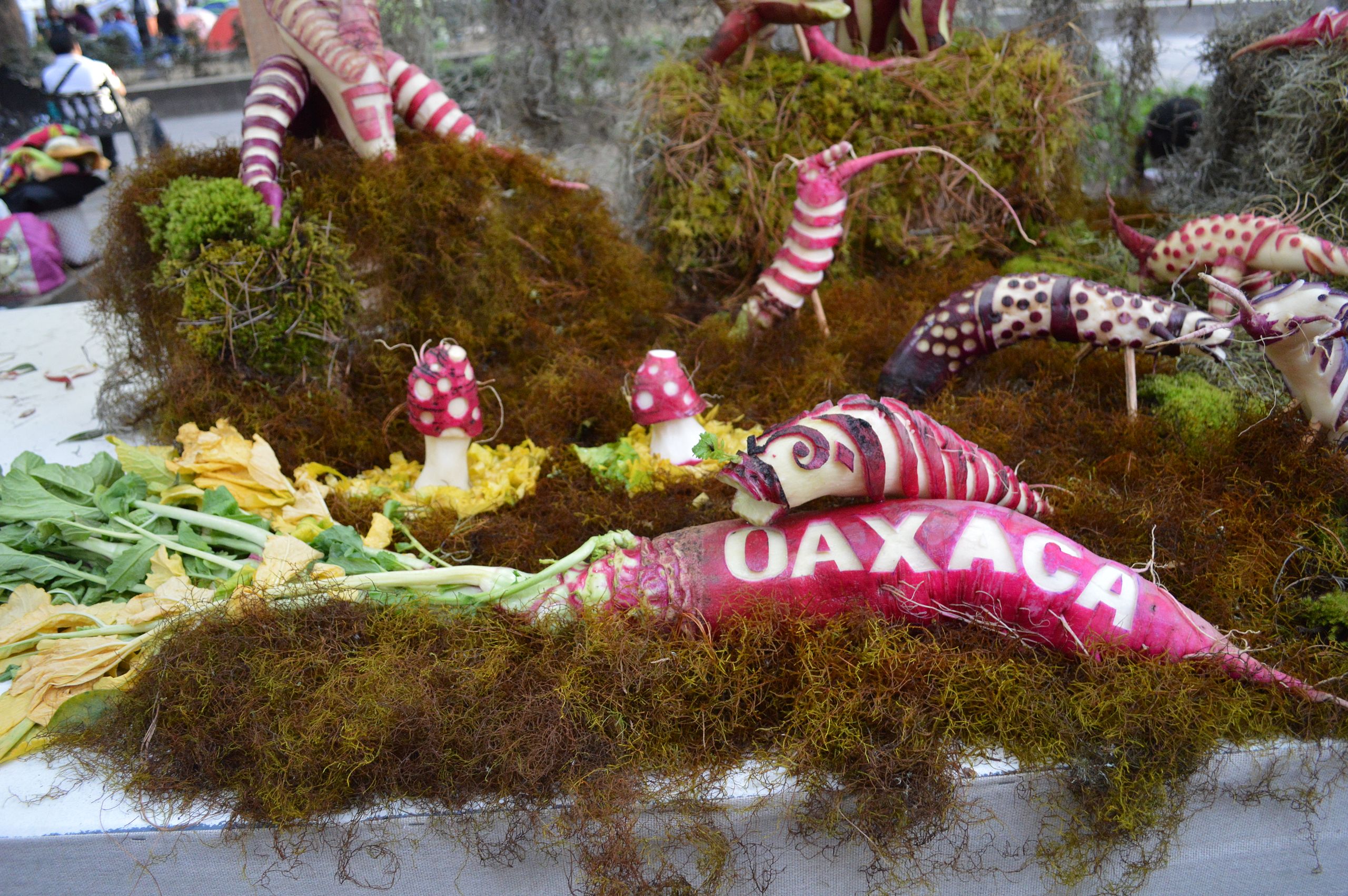
For most Americans, Christmas celebrations entail decorating homes with lights and wreaths, putting up Christmas trees, finding meaningful gifts for loved ones, and, of course, binge-watching holiday classics like Elf and Home Alone. However, not everyone observes the holiday in the same way. Here are some unique and wonderful Christmas traditions from around the world.
Japan

A meal from Kentucky Fried Chicken (KFC) may not be your idea of a gourmet Christmas dinner. But in Japan, a bucket of the fast-food giant's world-famous fried chicken is a beloved holiday tradition. The ritual, which began in 1974 with a brilliant marketing campaign, Kurisumasu ni wa kentakkii! — Kentucky for Christmas! — now attracts an estimated 3.6 million Japanese residents to KFC restaurants each year. Many people pre-order the 3,336 yen ($40) bucket — which includes cake and champagne — weeks in advance to avoid the two-hour-long waits. Joonas Rokka, an associate professor of marketing at the Emlyon Business School in France, believes the unusual food choice helped fill a void in the country, which only began celebrating the holiday a few decades ago. He says, "There was no tradition of Christmas in Japan, and so KFC came in and said, this is what you should do on Christmas.”
Ukraine

In Ukraine, Christmas tree decorations include at least one or two spiderwebs. The strange custom is credited to an ancient tale about a widow who was too poor to buy ornaments for her Christmas tree. The spiders in her hut heard her prayers and covered the tree with intricately-spun webs that magically transformed into precious gold and silver when the sun’s rays shone on them the following morning. Since then, placing tinsel spiderwebs on a Christmas tree is thought to bring good luck.
Iceland

Every Christmas, kids in Iceland look forward to a visit from one of 13 Yule Lads, who take turns sneaking into their rooms on the 13 nights leading up to Christmas Eve. The merry but mischievous gnome-like creatures are known to leave small gifts for kids who have been good and potatoes for those that have been misbehaving. The presents depend on the personality of the Yule Lad on duty and differ daily. The most popular one, Kertasnýkir (Candle Stealer), makes an appearance on Christmas Eve to steal candles and leave behind the most generous presents. The Yule Lads' mother, Grýla, also sends out her massive cat, called Jólakötturinn, to roam the streets and devour kids not wearing new clothes — sounds like the perfect excuse to go shopping!
Italy

For Italian children, the holiday highlight comes on January 5th of the new year, when they get a visit from a Christmas witch called La Befana. Like Santa, La Befana enters homes through chimneys and fills stockings with presents and candy for “nice” children and coal for "naughty" ones. According to the legend, when the Three Wise Men were seeking baby Jesus, they met an older woman and asked if she’d like to come along with them. She declined because she wanted to finish cleaning her house. Now, every year, the old lady soars through the skies on her broomstick in the hopes of finding and showering baby Jesus with gifts. The friendly, soot-covered witch is also known to sweep every house she visits. To show their gratitude, families often leave out a glass of wine and a plate of traditional food the night before.
Mexico

Christmas festivities in Oaxaca, Mexico, begin on December 23, with hundreds of professional food artists and amateurs competing in the Noche de Rábanos, or Night of the Radishes. The popular contest requires participants to create detailed carvings out of giant radishes, grown primarily for the festival. After the winners, who receive a 12,000 peso ($633) cash prize, have been declared, attendees are treated to fun music and a spectacular fireworks show. The ancient festival, started by local merchants to draw shoppers to the town plaza, was declared an official celebration by the city's mayor in 1897.
Be sure to share your family's favorite holiday tradition in the comments below.
Merry Christmas!
Resources: History.com, Wikipedia.org, cbc.ca, smithsonian.org, momondo.com
